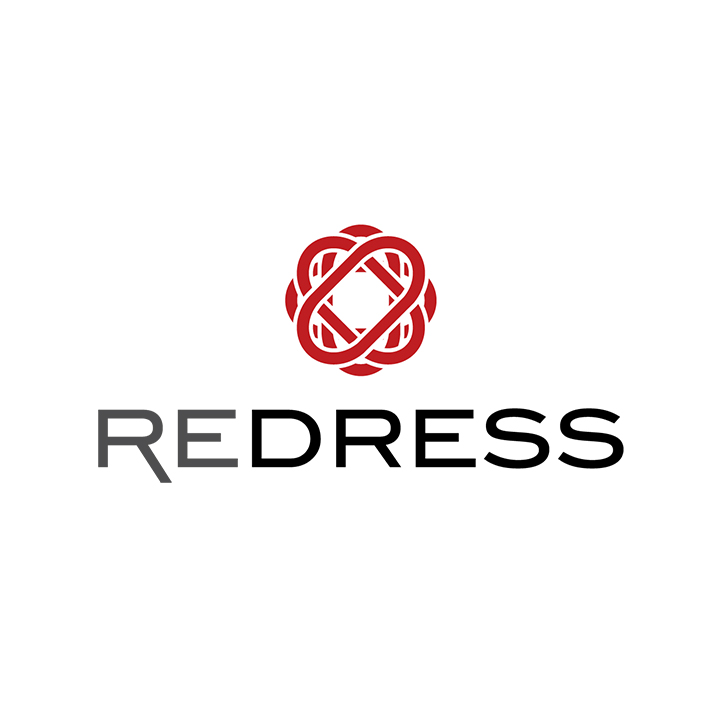


Founded in 2007, Redress is the first fashion-focused environmental charity in Hong Kong. Their mission is to prevent and transform textile waste by catalysing a circular economy and reducing fashion's water, chemical and carbon impact. Redress programmes work to change mindsets and practices to limit the creation of textile waste. The organisation is dedicated to enabling systems and partnerships that generate and showcase value in existing waste – ultimately reducing the amount of textile waste that goes to landfill each year.
The Challenges
The fashion industry is the world’s largest consumer industry, but at the same time, highly unsustainable. Resource-intensive production methods, low production costs and constant consumer desire for an up-to-date wardrobe have fuelled the development of a disposable fashion culture. The number of garments produced annually has also be doubled since 2000 and exceeded 100 billion for the first time in 2014, which represented nearly 14 items of clothing for every person on the Earth. Research has shown that 60% of all clothing are discarded within a year of production and less than 1% of the discarded clothes are recycled into new clothing (Remy et al. 2016). The environmental impacts of this take-make-dispose business model include the depletion of non-renewable resources (e.g. oil and chemicals), the emission of 1.2 billion tonnes of annual greenhouse gases and the release of half a million tonnes of plastic microfibres into the oceans (EMF 2017). In Hong Kong alone, 339 tonnes of textile waste enter its landfills every day, which poses as an environmental hazard as well as a waste of valuable natural resources.
The Solution
Redress engages with designers, manufacturers, brands, educational bodies, government and consumers in their mission to reduce the amount of textile waste. Their campaign, Get Redressed Month (www.redress.com.hk/getredressed/2020) is an annual city-wide public campaign that engages with businesses, schools and the general public to enable circularity in the fashion industry. The campaign celebrates reusing, rewearing, repurposing and recycling clothing by giving consumers the knowledge and knowhow to make informed choices. Redress collects unwanted clothes through clothing drives and takeback partnerships, and resells them in their pop-up shops and other resale channels to raise proceeds for further educational work. A large portion of the collected clothing is also allocated to charities across Hong Kong.
It is also the organiser of the Redress Design Award (www.redressdesignaward.com), the global sustainable fashion design competition that works to educate emerging fashion designers around the world. Through lectures, workshops and online training, the Redress Design Award provides emerging designers with the knowledge and techniques to transform textile waste into sustainable fashion products and practices. Through Redress’ recent expansion of their educational work to include primary and secondary schools, they created an educational toolkit – ECF Circular Fashion Education Programme (www.redress.com.hk/ecf/home) – to provide students with the knowledge and tools to be active participants in solution and to empower teachers with engaging teaching and learning resources that teachers can easily integrate into their current teaching curriculums to supplement key learnings about climate change, waste issues and overall environmental responsibility.
The Impact
First run in October 2018, Get Redressed Month has grown in terms of activities and results year-on-year. In 2020, the campaign engaged directly with 59 companies, brands and schools and also enjoyed increased visible through PR from a research study, a social media campaign and awareness posters in the MTR, as well as 52 public clothing collection points across the city.
Now in its eleventh cycle, the Redress Design Award is well established as the world’s largest sustainable fashion design competition and has engaged over a hundred colleges and universities worldwide since its inaugural cycle in Hong Kong in 2011. Redress’s ongoing efforts to reduce garment and textile waste and encourage greater sustainability within the industry is a significant step towards creating a more sustainable city, which benefits individuals and the environment.
Reference
“A New Textiles Economy: A new fast-fashion formula.” Ellen MacArthur Foundation (EMF). Cowes, Isle of Wight, United Kingdom, 2017. https://www.ellenmacarthurfoundation.org/publications/a-new-textiles-economy-redesigning-fashions-future. Accessed 12 October 2020.
Remy, N., Speelman, E. and Swartz, S. “Style that’s sustainable: A new fast-fashion formula.” McKinsey and Company Sustainability Insights, 2016. https://www.mckinsey.com/business-functions/sustainability/our-insights/style-thats-sustainable-a-new-fast-fashion-formula#. Accessed 12 October 2020.
“Why Should We Get Redressed?” Redress, 2020. https://www.redress.com.hk/getredressed/issue. Accessed 12 October 2020.